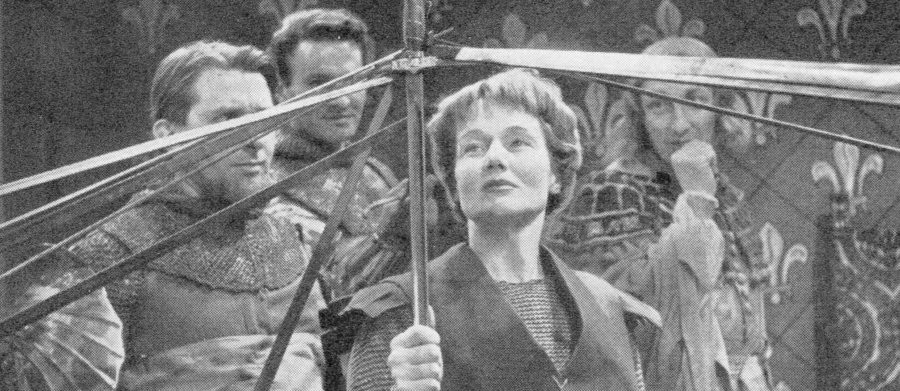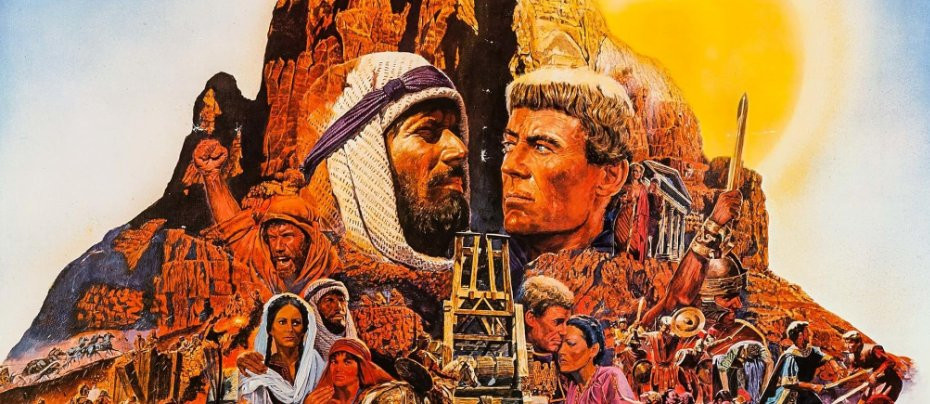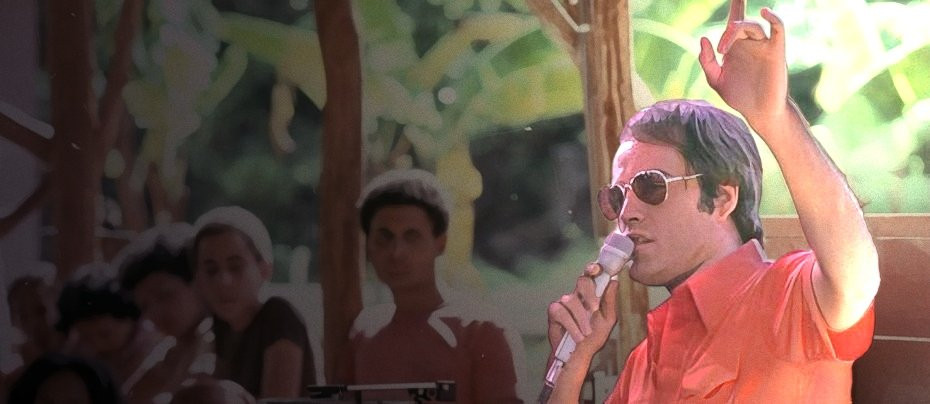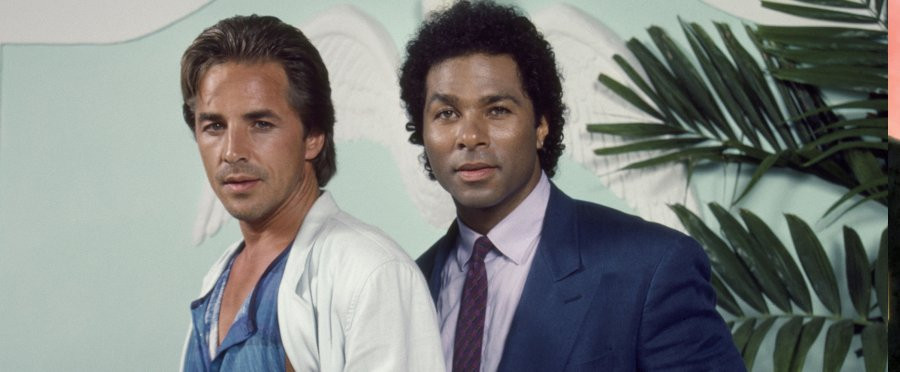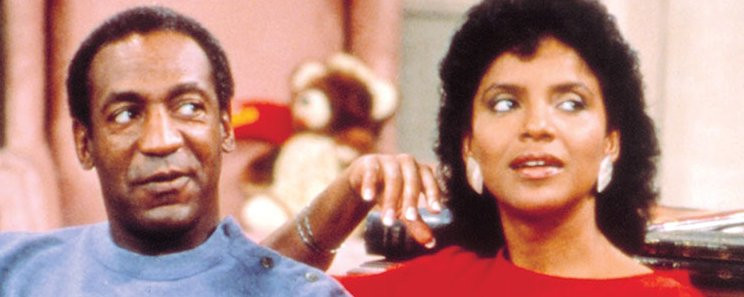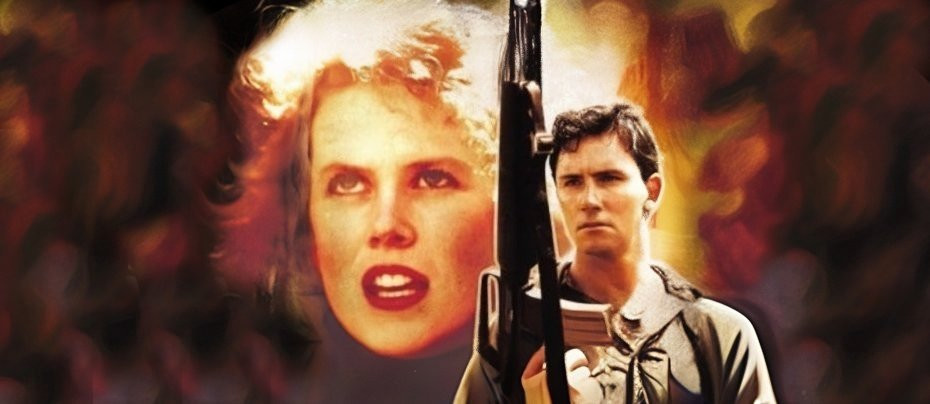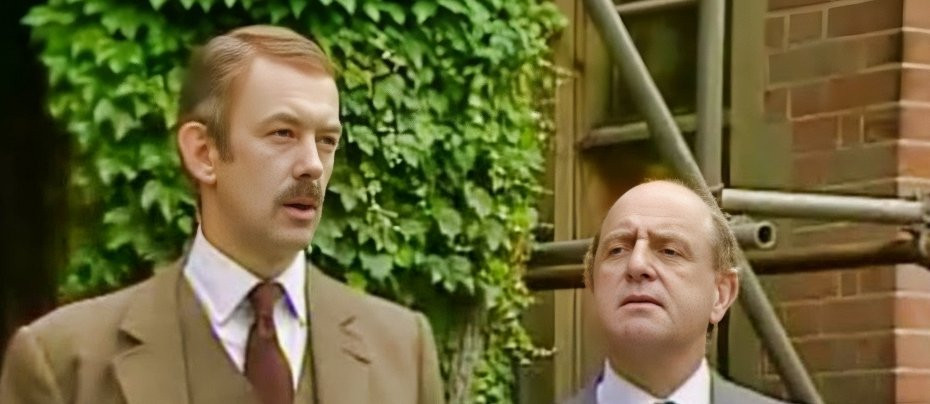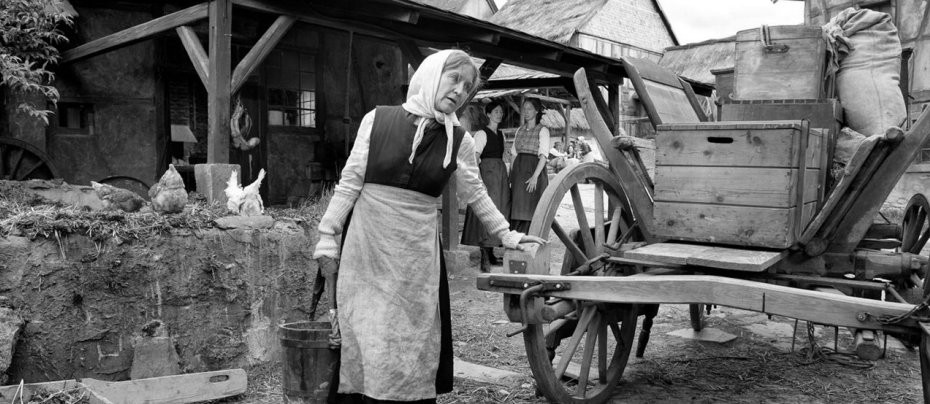
Heimat
1984 - West GermanyTelevision series have the power to capture the essence of a particular time, place, and culture, painting an authentic picture of life and creating a deep sense of connection for viewers. One such television series is the German masterpiece, Heimat, one of the most ambitious dramas ever made; a sequence of thirty-two films across three series made between 1984 and 2004.
'Heimat' translates to 'homeland'. However, its meaning goes far beyond mere geography; it encapsulates a sense of belonging, nostalgia, and identity that is deeply rooted in the German cultural psyche. Through its engaging storytelling and rich characters, Heimat takes audiences on a profound journey of self-discovery, as it explores the tumultuous history and culture of Germany.
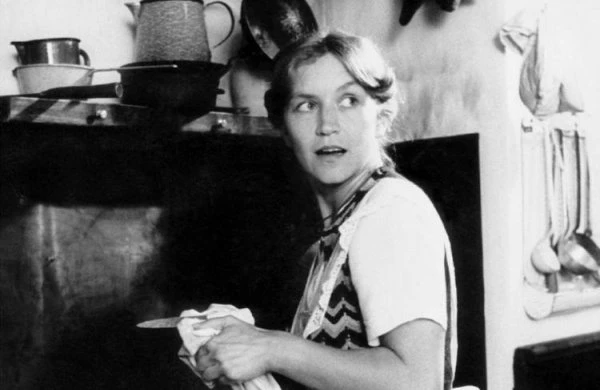
Heimat unfolds over several decades, spanning the years 1918 to 2000, starting with Maria Simon (Marita Breuer), in a small village named Schabbach in the Hunsrück region, and follows her from adolescence, through marriage, motherhood and finally into old age, as the story depicts how circumstances beyond their control affect the Simon family and the community in which they lived. Created by acclaimed director Edgar Reitz, the series manages to capture the essence of everyday life and its intersection with significant historical events, including the rise of National Socialism, the aftermath of World War II, and the division and subsequent reunification of Germany. With its well-developed characters, each embodying a distinct facet of German society, with their dreams, aspirations, joys, and struggles, the series effortlessly conveys these events' impact on ordinary people's lives, showcasing the adversity they faced and the resilience they displayed.
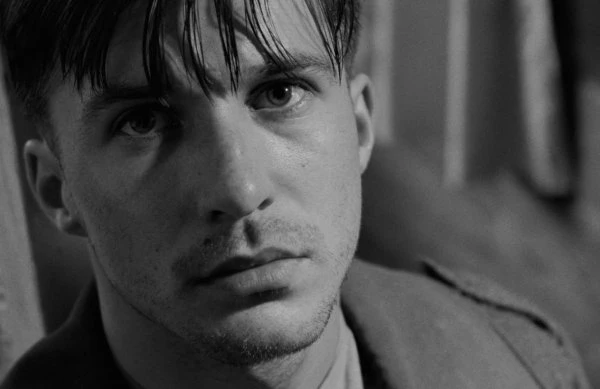
The original series premiered in 1984 and consists of 11 episodes running in total to 15 hours 24 minutes of screen time. Die zweite Heimat (The Second Heimat) followed in 1992. It is set during the socially turbulent years of the 1960s and depicts how Maria's youngest son Hermann (Peter Harting) leaves his rural home and makes a new life for himself as a composer in Munich. Heimat 3 (subtitled Chronik einer Zeitenwende — Chronicle of a Changing Time) premiered in 2004. It continues Hermann's story in 1989 as he returns to Schabbach and depicts the events of the period from the fall of the Berlin Wall until 2000.
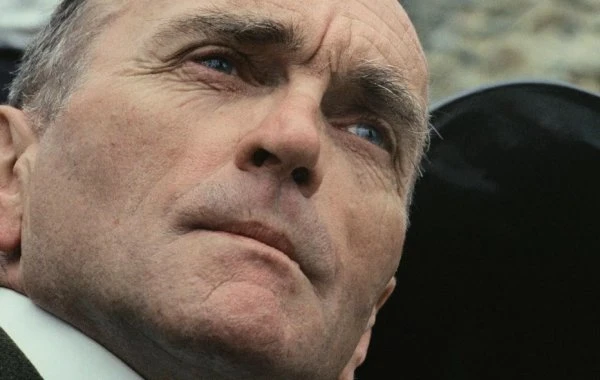
The films that made up the series were originally made for theatrical release with shooting commencing on the first film in May 1981. It continued for eighteen months. The cast consisted of 140 speaking parts, 32 full-time actors, 15 non-professional actors and 3,862 extras. During shooting, Reitz decided that certain elements required extra emphasis that only colour could provide and they were used for events that were shaping the wider world, giving a stark contrast to the more gentler scenes.
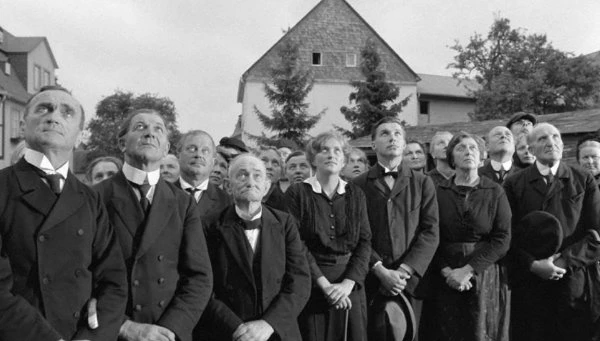
One of the most remarkable aspects of Heimat is its attention to historical accuracy. Reitz and his team painstakingly recreated the Hunsrück region, ensuring that every detail was true to the time periods depicted. From the costumes to the sets, viewers are immersed in the authenticity of the era. This commitment to historical fidelity adds an extra layer of depth to the narrative, making the series not just a compelling drama but also a valuable historical resource. As a result, it stands as an unparalleled work of art, delving into the complexities of human existence, history, and cultural identity. Reitz's meticulous direction and the exceptional performances of the cast transport viewers to the heart of rural Germany, evoking a profound emotional response. Through its rich storytelling and fascinating characters, Heimat, by shedding light on the intricate interplay between personal stories and the wider historical context, allows audiences to reflect on their own sense of belonging and connectivity to their origins.
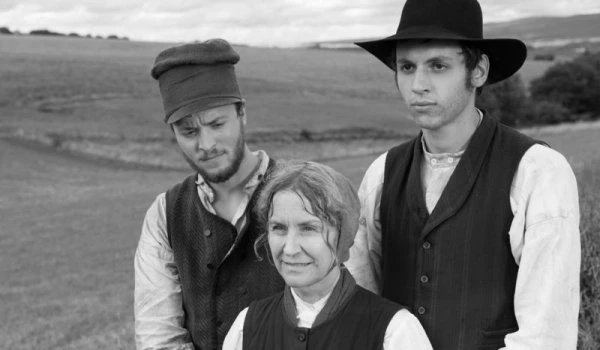
Heimat has not only been celebrated in Germany but has gained international recognition and acclaim. Its universal themes and compelling narrative make it accessible and relatable to viewers around the world. The series has cemented its place in television history, not just as a nostalgic journey through the German heartland but as a testament to the power of storytelling in exploring our history through universal human experiences.
Seen this show? How do you rate it?
Seen this show? How do you rate it?
Published on October 18th, 2023. Written by Marc Saul for Television Heaven.


